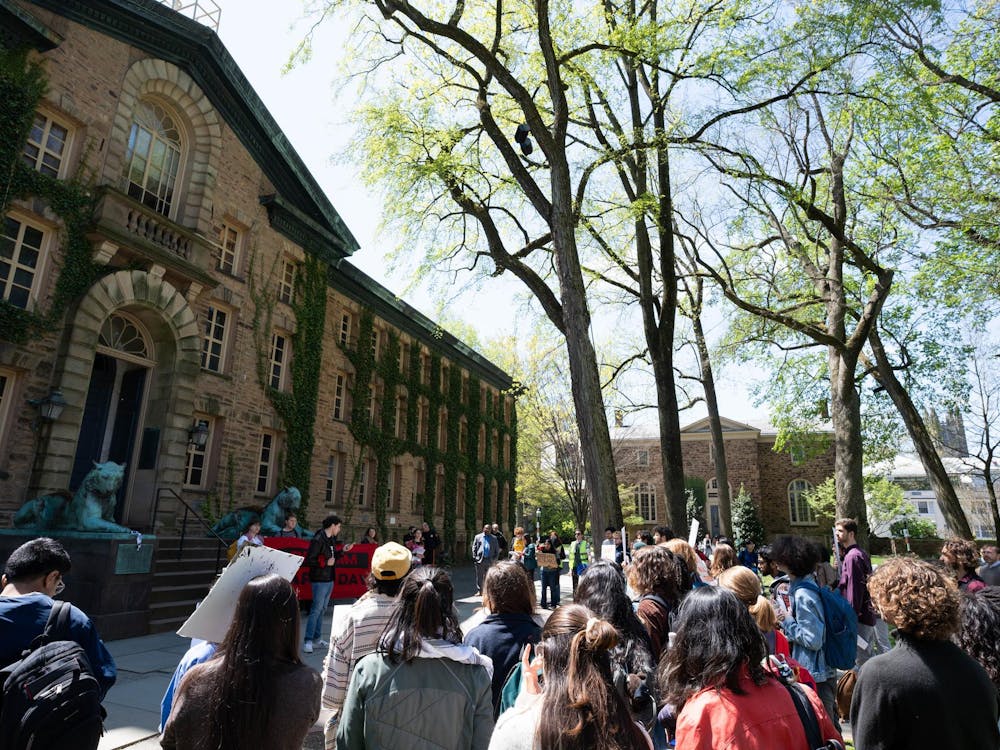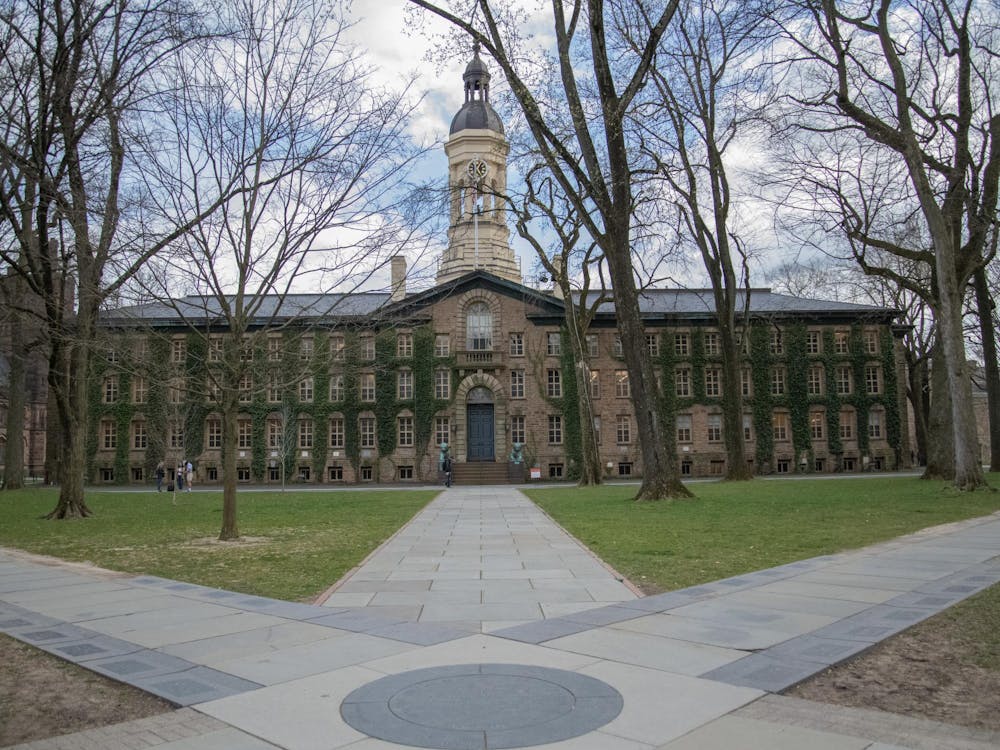Seeing all of the newly admitted students walking around campus last week brought back a flood of memories for me. I really had a wonderful experience at Princeton Preview back in April 2014. Indeed, I made some of my best friends there. It seems like it was not long ago that I was one of those starry-eyed prefrosh too, clutching my orange-and-black drawstring bag as if it contained the Holy Grail. It was certainly amusing to take a step back as a Preview Host and an Activities Fair volunteer to see what we all looked like as prefrosh. I noticed that one person even posted in the Class of 2019 Facebook group to ask, “Who else kept their Princeton plastic water bottle(s) from preview and plans to reuse them indefinitely?" I could sympathize with that person’s sentiments. After the temporary stint inside the Orange Bubble that is Princeton Preview, items as simple as a plastic water bottle marked with the Princeton shield or an orange-and-black drawstring bag remained our only tangible connection to that mystical place known as Princeton when we returned to our homes in the real world. With the Princeton Preview program, the University is successfully able to present an ideal version of Princeton to the outside world; however, Preview also masks the less glamorous aspects of life on campus, particularly with regard to the state of mental health.
A person who attended Preview would come away with the impression that Princeton was an amazing place all of the time, without a fault in the world (other than the inflation of prices of University apparel at the U-Store). The truth is that’s not the case, as evidenced by the number of initiatives on campus like the Princeton Perspective Project, Dear World and the numerous other mental health initiatives that aim to show that the campus is not entirely idyllic after all. I definitely expected to be challenged here academically, but I never expected to be confronted with mental health issues among my closest friends. Based on what I had seen at Preview, I had no inkling of the kinds of problems that lurked beneath the surface here at Princeton. The only image of Princeton that I had seen at Preview was the perfect one, with no forewarning of the potential travails to come.
According to a 2008 study published in the Journal of the American Medical Association, nearly half of all college-aged people suffered from at least one kind of psychiatric disorder in the past year, but less than half of those suffering from some disorder seek out any form of treatment for that disorder. In the context of our campus, that phenomenon is indicative of a larger problem about addressing mental health problems. The 2012 COMBO III survey showed that almost half of all female students on campus and 37 percent of male students felt that they were sometimes or often depressed. There are programs on campus that are working towards establishing a safer, healthier campus for everyone like the Undergraduate Student Government Princeton Mental Health Initiative, but Preview remains one of the parts of the campus experience untouched by these. The campus’s mental health problems should be made transparent to the visiting prefrosh so that they can see that these problems exist and that there are the resources available to help them in the event that they are afflicted by these issues as students.
This is not to say that Preview should become a gloomy time; on the contrary, it should still maintain its celebratory air — it should still attract students to come here, after all. Instead, it should change to reflect a more accurate picture of Princeton as a place that is at once “the best damn place of all” and yet not a perfect wonderland. One way to improve awareness of these issues would be the publicizing of different mental health resources for students here on campus during Preview. An expanded Counseling and Psychological Services or Mental Health Initiative presence at the Preview Activities Fair might be a way of accomplishing that goal. Not only would those provide a more complete picture of life here on Princeton, but also from the view of a prospective student, those facilities are attractive insofar as they show the amount of help and care that the University could provide for its students. The University has repeatedly affirmed its dedication to mental health initiatives on campus — Preview can serve as a part of that effort as well.
Nicholas Wu is a freshman from Grosse Pointe Shores, Mich. He can be reached at nmwu@princeton.edu.








